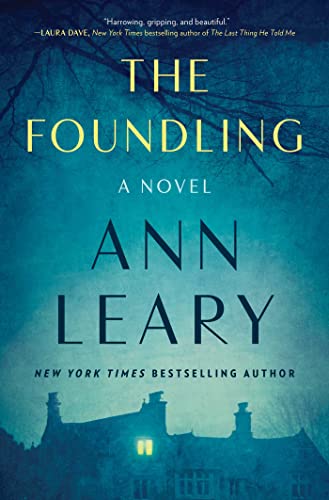Although Mary Engel's father is alive, she was raised in an orphanage until the age of 12 when her father reclaimed her and dropped her off, unwanted and unwelcome, at her aunt's house. It's 1927 and Mary is attending stenography school when she meets Dr. Agnes Vogel, a respected psychiatrist, one of the few women in her profession, and a hero of Mary's. Dr. Vogel invites Mary to become her secretary at the remote Nettleton State Village for Feebleminded Women of Childbearing Age. Initially Mary believes that the women held at the asylum are of limited mental capacity and that their incarceration at Nettleton is a kindness to them. Then she recognizes a woman who was raised in the same orphanage Mary was, a woman who is most emphatically not "mentally incompetent." As she looks further into Lillian's situation, she unwittingly uncovers the truth about the troubling institute and the doctor at its head. Will she turn a blind eye or will she stand up for the voiceless women, trapped in a mental institution with no hope of release and suffering terrible abuse and cruelty?
The history and practice of eugenics is a shameful one in our history. It is a moral failure of gigantic proportions that required complicity and compliance from too many people. In Mary, Leary has created an initially naïve character who must look to herself and find her moral center before she can acknowledge the great wrong going on around her. She gains strength as the novel goes on and learns to see the complex layers of those around her and to acknowledge the ways in which society has failed, or chosen to punish, women who do not conform to the accepted norms, especially the young women incarcerated in the asylum because their husbands or fathers didn't approve of their behavior. The story itself is dramatic and action packed and Leary manages to weave a recognition of the grievous wrongs of not only eugenics but also racism and anti-Semitism into Mary's moral awakening. Readers will want to race to the end to see what happens to each of the characters in this twisting and surprising novel.
This book is one of the Women's National Book Association's 2022 Great Group Reads.






No comments:
Post a Comment
I have had to disable the anonymous comment option to cut down on the spam and I apologize to those of you for whom this makes commenting a chore. I hope you'll still opt to leave me your thoughts. I love to hear what you think, especially so I know I'm not just whistling into the wind here at my computer.